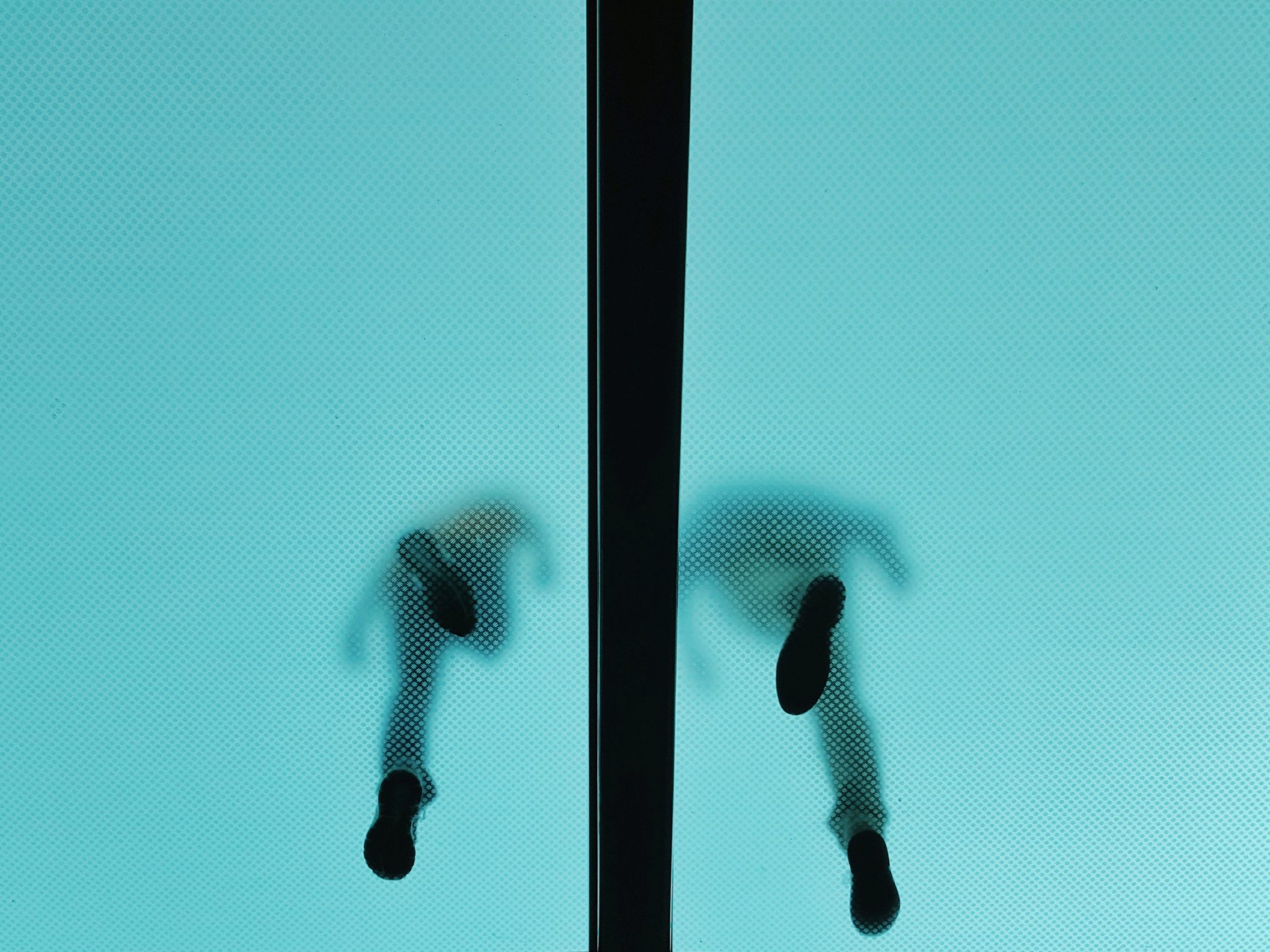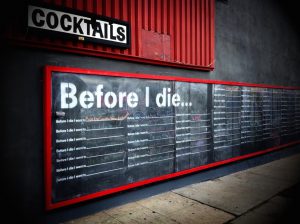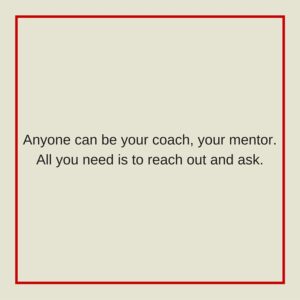Digital Hoarding and The Electronic Music Producers
If you enjoy this blog because it doesn’t have pop-ups or ads, I want you to know I use affiliate links to cover its running costs. If this blog is helpful for you, I’d ask you to help me by using the links to buy the following tools.
If there’s one thing I miss from making music in the ’90s, it is how my choices for making music were limited compared to now. What we saw as a limitation was an opportunity to be creative and get the most out of what you have. In the 80s, as kids, it was also the same thing: we would get some toys, but it was limited. Being forced to be creative with what you’d have was the perfect training to jump-start my electronic music exploration. I remember going to the music store, where there was a section in the back where they would sell synths, samplers, and effect units. The selection was pretty small, and if you wanted something special, such as a 909 or 808, you’d have to search because stores couldn’t get them at all.
Softwares were also limited in terms of selection and what they’d do. I remember getting some software, and we’d discuss our wishes and options. It was both frustrating and, in hindsight, liberating because the lack of options meant you’d be done quickly when you ran out of possibilities. In my latest album, I tried to get back to that state because after following numerous classes online, I realized that I was doing some digital hoarding and had to focus on the essentials to decide of a direction on how I would do things for my project.

So, what would be digital hoarding?
Digital hoarding for electronic musicians tends to accumulate a vast collection of digital resources—such as plugins, samples, presets, and templates—without fully integrating or mastering them in one’s creative workflow. This behaviour often stems from the constant influx of new tools and content in the electronic music scene, leading to a cluttered digital library that can hinder efficiency and focus. Instead of exploring a few tools in depth, the musician has an overwhelming array of options, which may result in creative paralysis or a diluted artistic identity.
Some symptoms or actions that could indicate you’re tending to do hoarding would be:
- Over-Accumulation Without Use: Continuously downloading or purchasing new plugins, sample packs, and presets, yet rarely revisiting or using many of them in actual projects.
- Disorganized Digital Libraries: A cluttered folder system where files, presets, and samples are stored haphazardly, making it difficult to find what’s needed quickly.
- Procrastination on Mastery: Spending more time exploring and acquiring new tools than mastering the ones already in your arsenal.
- Analysis Paralysis: Overwhelmed by choices when working on a project, resulting in indecision about which tool to use or a tendency to switch between tools without fully committing.
- Redundant Purchases: Repeatedly buying similar plugins or samples, often influenced by trends or free offers, without a clear plan for integration into your workflow.
- Neglecting Cleanup: Rarely revisiting your collection to organize, delete unused items, or update your setup, leading to an ever-growing pile of digital clutter.
For hardware, the GAS (Gear Acquisition Syndrome) syndrome is often pointed out as a problem musicians have because it is apparent that hardware physically brings new material to the studio. It is less evident for software and digital tools because they are within your computer and so easy to lose/forget.
This doesn’t only refer to digital tools but also to skill hoarding. Some people spend hours watching tutorials or buying classes to learn how things are done but without putting what they just learned into practice.
Hoarding impact on one’s workflow
This leads to some pitfalls. Let’s discuss some. I will also propose ways to address the issue with practical tips.
Shallow Mastery vs. Deep Expertise
Mastery of a skill or a tool comes from hours of practice. Having too many options divides your time of practice between multiple tools. One thing in electronic music that can pose a problem is when a musician decides to do everything by themselves. This means they’ll be set to become a jack-of-all-trades. The DIY culture within electronic music has gone a long way since the early ’90s, but in today’s competitive market, aiming to do it all means you’re not maximizing your output’s quality. The positive side of having multiple tools means you’ll have the proper material to go through the various phases of song development. But you’ll still need to sit with the tools and learn them, before adding new ones to your toolkit.
Some essentials for each phase can be a game changer. If I had to start all over, I’d focus on the minimum tools per phase. This lets you organize yourself better.
The phases I teach to newcomers are:
- Research, analysis, ideation and development: In this phase, you basically need a Splice account to fill up your moodboard with ideas to start with. Once you have some ideas, you can create a song mockup, reworking your imported samples with tools like Shaperbox alongside a few synths of your own. If you want a versatile synth that can answer pretty much all your needs, I’d go with Pigment. Honestly, that’s pretty much all you need.
- Hook: This is where you trim the chaos and ideas from the previous phase and find your song’s hook. You don’t need anything here, but a powerful drum machine like XO can help structure an idea.
- Structure: To see if your hook has potential, sketch a structure. This will reveal your idea’s strengths and flaws. A tool exists that will build up some basic structures for you. Song Sketch is a lovely tool to speed up the process.
- Arrangements: This is all about how you use your DAW. The best DAW is the one that you know and have fun with. Some prefer Ableton Live, some Bitwig or FLStudio. They all have a different way of working.
- Mixing: While there are countless tools needed for mixing, I would say that sticking to your DAW’s compression, EQ, and dynamics can do the trick. If you feel like you’re reaching the limits of one of them, perhaps expand to upgrade that specific tool with a third-party plugin.
I like to make buying decisions based on two things:
- Can my stock plugins fix it? If not, what else can?
- Am I using a tool that works but compromises on the quality?
If my tool is creative, I usually will ensure I finish a few projects before buying a new one.
Overwhelm and Decision Fatigue
This is a topic I have covered before, but decision fatigue is something tangible that can impact a person more than they imagined. I have been teaching newcomers lately, and one of their first comments about making music was about how tiring it was to work on music. Each time you have to make a decision regarding your song, a chunk of your mental energy dissolves. If you also need to think about how to solve a problem and have multiple options, this is another chunk that is taken away. If you have various tools for numerous issues, you’ll be draining yourself down faster, and what was supposed to serve as leverage will tank you down.
There are ways to solve this, though. One is to keep a notepad with :
- Nature of the problem: Does this problem have a name, or can I formulate it in my own words?
- Potential solution: Ex, for phasing issues, you might want to control the width of a sound.
- Tools available: If it’s the width, perhaps learn the limits of how much you can widen a sound or rebalance your mono signal.
- Link to use. Youtube or another tutorial.
Fine-tuning your workflow comes from decluttering tools and habits that slow you down. Keeping simple notes is a fast way to get your answers. The more you have tools, this can not only drain you but also make you lazy. Tools with tons of options are the combination of multiple existing tools but with an interface that makes it easier for you to use. For example, a compressor could be replaced by an Envelope follower and a utility unit, but the compression has a few more options. Having less forces you to understand the nature of the problem and the tools you have to work around it.
Clutter and Inefficiency in Workflow
As mentioned previously, a workflow works best with a minimum of tools. The more you add to it, the slower you get because you have more parameters to handle. This is an issue someone with much experience, like myself, faces when starting to work on a new song because I already see the long list of all the things to take care of. One thing about being a helpful beginner is that by knowing less, you work with what you know alone. It might be less perfect, but at least it progresses quickly. Collecting tons of samples and libraries is also something that slows you down, mainly because there are not so many tools that will help you organize everything properly. Even some DAWs will let you face chaos if you’re not organized. Ableton has recently added tags in version 12, which can help you categorize your samples and tools. However, if you do it halfway, you’ll quickly lose control over your digital environment.
Just like plugins, whenever I buy new samples, I ensure I use them on a specific project before adding new ones. Some people stick to presets, which can get messy if you collect many of them. In Ableton, I haven’t found the best way to organize all my macros properly, which sometimes forces me to redo a patch that I did previously.
Financial Drain and Resource Misallocation
Constantly chasing the latest plugins or sample packs can quickly add up financially, diverting funds from investing in quality tools or learning resources. The temptation to acquire “free” tools often leads to a glut of subpar options that may not integrate well with a streamlined setup. There was a time when the number of plugins coming in was limited, but nowadays, multiple ones have been added. A site like KVRaudio is quite handy for following up on what is coming in, and they recently added a plugin manager to keep track of your installed plugins. Plugin Boutique has also been quite helpful if you have to reinstall all your tools because it is a portal to all the plugins you bought. Both have user reviews that come as applicable when you want to know how to invest correctly.
But if you are obsessed with the latest options and buy anything fancy that gets released, knowing which plugins are helpful for your workflow will be challenging. Considering how much money one gets from their investment, it is worth buying carefully. Using trials is undoubtedly something to consider.
Stunted Creativity Through Overexposure
The barrage of new sounds and tools might lead to analysis paralysis, where too much inspiration prevents a focused creative direction. I see this with people who have difficulty finding their own sound signature or identity as a musician. Instead of nurturing a unique style, producers might mimic trends or switch approaches too frequently. This means that if you don’t know how one tool works, you’ll be using the first few presets instead without going deeper into the options your tool is providing you. With an overabundance of content, listeners might find it hard to develop a personal taste or to follow an artist’s evolution, as the constant turnover of music can blur the lines of musical identity and innovation.
Each time you add a layer of tools to your kit, you are also potentially distancing yourself from your natural self-expression. One might have a challenge of not sounding like others or professional, but there are always simple ways to get there. If you always rely on audio cosmetics, you will be limited to the outcome of the tool’s options.
When I teach newcomers, I insist they work with the minimum possible. This limitation might be frustrating at first, but if you’re curious, it pays off quickly.
Reduced Value of Curated Experiences
The art of crafting a coherent track or album can be compromised when the production process is scattered across too many tools and ideas. Well-developed sounds tend to create a more cohesive and impactful musical narrative than a collection of half-explored ideas. If you go back to the 90s when the acid house or early techno had similar aesthetics, you may understand this was not a choice but because of the limitation of tools. Not having all the necessary tools might be a good thing for you. Perhaps organizing your ideas in batches of material where you can plan your next round of song exploration based on what you just acquired can direct how you want to use them.
Digital Hoarding can happen even if you don’t realize it. You are officially hoarding if you find yourself overwhelmed and disorganized and gathering more tools than songs being produced. The more you are conscious of this, the more organization you’ll have for your next studio session.


 I’ve recently been wondering what will be the future for labels. Are streaming services replacing labels? Or are other communities? I’ve been running my label
I’ve recently been wondering what will be the future for labels. Are streaming services replacing labels? Or are other communities? I’ve been running my label  The great thing about this initiative was that people started to really participate and interact, even more than I thought they would. It was pretty amazing to see some people join forces and collaborate, and to see others help out by giving advice with regards to where to send music to get signed. This community has become autonomous; it’s doing what I was doing myself before, through email. I’ve been thrilled by it!
The great thing about this initiative was that people started to really participate and interact, even more than I thought they would. It was pretty amazing to see some people join forces and collaborate, and to see others help out by giving advice with regards to where to send music to get signed. This community has become autonomous; it’s doing what I was doing myself before, through email. I’ve been thrilled by it! The truth is, wherever you want to go in music, you first need to produce a ton of tracks and find your path in that process. Bonus (
The truth is, wherever you want to go in music, you first need to produce a ton of tracks and find your path in that process. Bonus ( In a very digital age many people have become less social, which can make going out and meeting new people harder. I get that. Yet, not being part of a strong network doesn’t mean you won’t create great music, it simply means without having that support you may not be pushed to create your best music.
In a very digital age many people have become less social, which can make going out and meeting new people harder. I get that. Yet, not being part of a strong network doesn’t mean you won’t create great music, it simply means without having that support you may not be pushed to create your best music.







